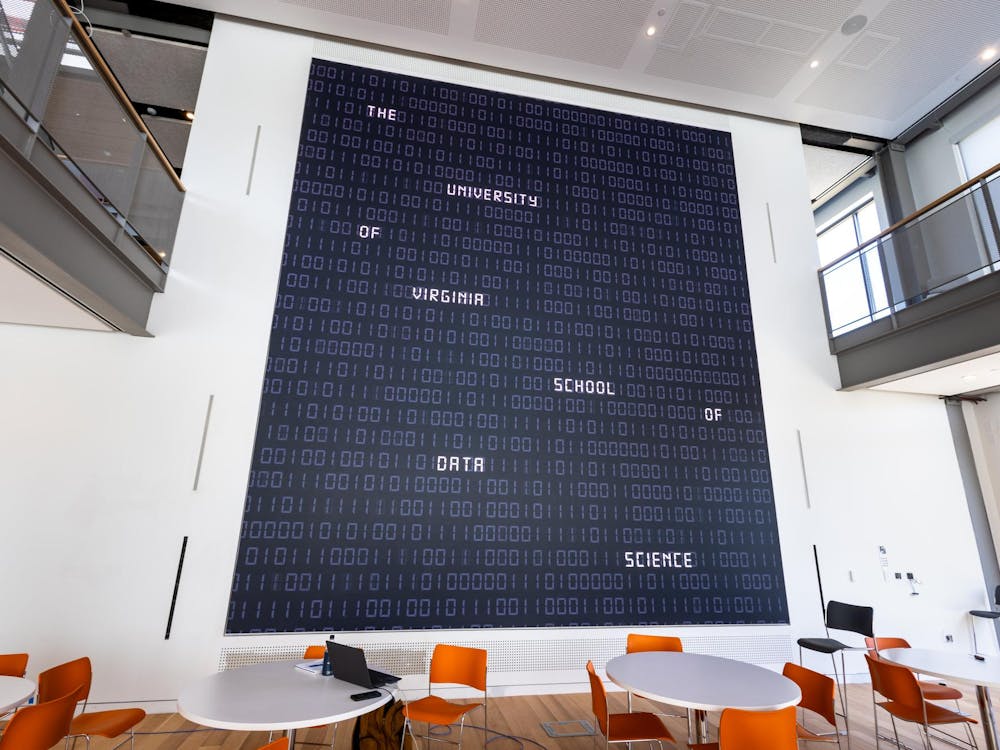There have been several changes to on Grounds printing at the University this year stemming from the budget cuts. Most recently, students returned in January to find that all library computer labs had instituted fee-based printing.
Starting last semester, the University instituted a 500 page per student printing quota. The quota still holds for ITC Computer Labs, but now students must pay 10 cents a page to print in all of the University's libraries.
There have been many reports of increased waiting times to print in ITC labs due to the overflow from libraries and a reduction in the total number of computers, said Terry Lockard, director of Computing Support Services.
Second-year College student Shawn Roe said he had experienced such delays.
"I started to print five pages in Clemons," Roe said. "I ate dinner and studied for an hour, and it had just started to print out when I got back."
The libraries originally were forced to remove all their public printers due to budget cuts, according to Charlotte Scott, the director of communications for University libraries.
She added that fee-based printing was installed in order to protect the ability to print for all library users, not just students. Some faculty, local community members and visiting scholars who use the libraries otherwise may have been prevented from printing in the libraries because they did not have a personal printing quota.
The printing quota was instituted in an effort to curb overall printing, according to Lockard, who said the recent increase in printing traffic results from some of the changes that have come about from the budget cuts.
"About one-third of the printers are gone due to budget cuts" which increases the number of students trying to print per computer, she said.
Heavier printing traffic in ITC labs is "also due to flow from the libraries," as students try to avoid paying for printing by using ITC lab computers, Lockard said.
Many students said they were displeased with these changes.
Paying to print "makes me very unhappy, because last semester I had 500 free pages" to use anywhere, Roe said.
Second-year College student Casey Bannister concurred.
"It often took a long time to print last semester," he said. "It's kind of annoying. I understand there are budget cuts, but it's a necessity to be able to print things out."
Other students said they believe some changes may be the best decision, given the situation.
Although second-year Engineering student Scott Bernhard used up his 500 page quota last semester, he still said he felt "the quota system is the best way to keep a balance between keeping students from wasting paper and making them pay."
More changes will come in the near future, according to Lockard.
"Next year, all public printing will be paid for," she said.
By making all printers fee-based, Lockard said she hopes printing traffic in ITC labs will decrease as overall traffic becomes more evenly spread between library computers and ITC computers.






